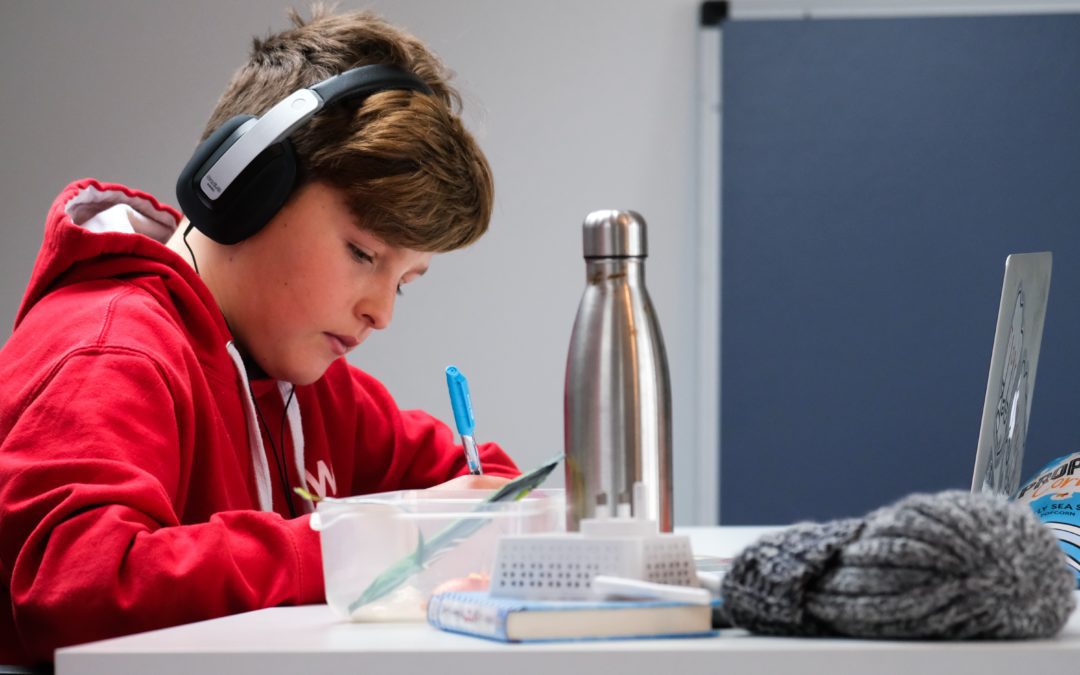Sometimes it is the basics of revision and studying that need addressing. I recently asked a parent of a student in Year 9 what she would like support with for her diligent, hard working daughter and she instantly replied with, “how to make an effective revision timetable”. Here goes!
Whether it is A levels, GCSEs, mock exams, end of year exams, a good and effective revision timetable will form the basis of your revision and studying. Also having a good timetable will make organising your revision that bit easier.
How to make an effective revision timetable.
When making your timetable what do you need to consider:
- Time – how much time do you have before your upcoming tests or exams? One week, three weeks or three months? If you have the luxury of time, you can slowly increase the amount of time spent revising or maintain the same amount of time. However, if you leave revision until the last couple of weeks or days you will need to include more hours.
- Commitments – what are your other commitments? Make time on your timetable for your family and extra-curricular commitments
- Content – what topics are your tests or exams going to cover. Start with a list of the topics for each subject that you are going to be tested/examined on and make sure you cover all the content.
What makes it effective:
- Weekly – an effective timetable will be amended at least weekly. It should be fluid and adapt to changes and the progress you make. Each week should be different and reflect the topics you are studying.
- Time is relative – ideally, in the run up to big exams, aim to do two hours or sessions of revision on a school night and between four and six on a day without school. However, we are all different and what is a lot of revision for one person might be very little to another. It is the quality of the revision rather than the quality.
- Sessions and breaks – 45 minutes is a good length of time to study for, followed by a break of 15 minutes. Certainly no more than an hour at a time as it is difficult to concentrate for longer.
- Study to your strengths – when do you work best? If you’re good at getting up early and feel wide awake, work in the morning. If you prefer to wake up slowly, start later in the day.
- Chunks – Break your topics into manageable chunks and aim to cover one of them in each session.
- Mixing it up – it is more productive to mix up the subjects and topics rather than revising all of the same subject in one day or evening.
- Allow time for downtime, other commitments and sleep – plot your other commitments on your timetable and don’t work late into the evening. Studying when tired is not productive.
- Flexibility – be prepared to change your timetable if it isn’t working. Perhaps one day you are feeling more productive and less so another day.
- Focus – remain focused on the topic you are covering in that session, trying not to think about what else you need to do.
- Realism – be realistic about what you will be able to cover in the amount of time. Otherwise it can become overwhelming and you nothing is achieved.
What to be aware of:
- Over committing – it is only possible to concentrate for a limited amount of time. Little and often is much more effective than cramming at the last minute and thinking you can study all day and night.
- Working too late – the brain works more effectively when it gets rest and you sleep. Looking at the science behind sleep, teenagers, in particular, need a lot of sleep to function well, both physically and mentally. It is good to switch off from study, screens and work, before you start to get tired.
- Being too broad or vague – keep your timetable focused on topics you will cover in a set period of time.
At Student Navigator we teach effective study and revision techniques through our bespoke academic coaching programmes. We also offer mentoring support for both secondary and primary students. Contact us today to see how we can help you.

